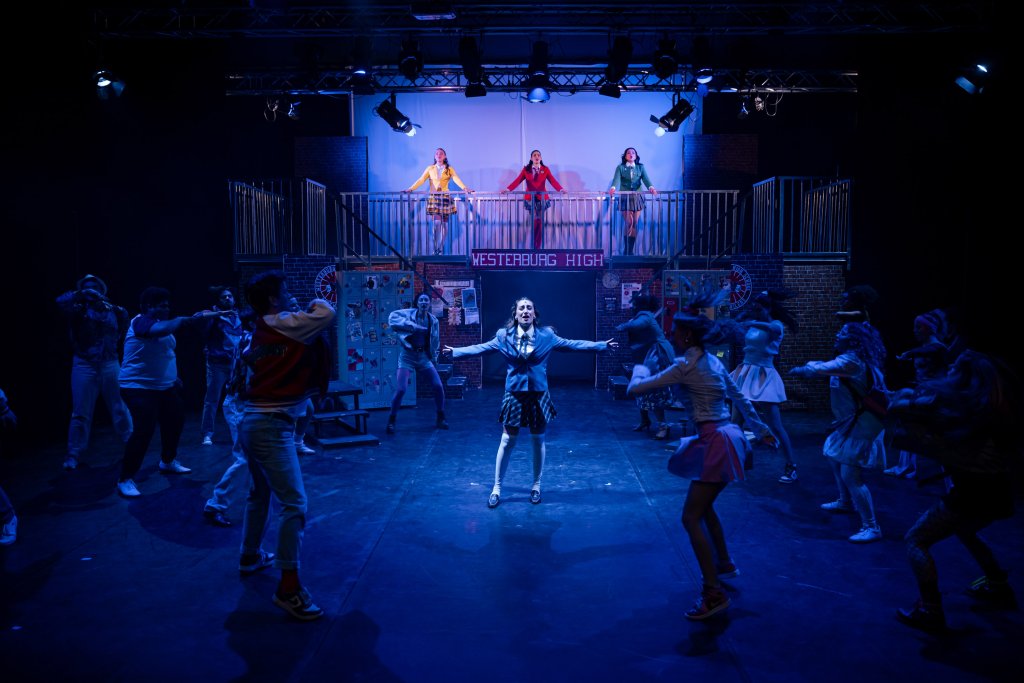A Night Out by Harold Pinter
A Night Out (1959) concerns a night in the life of a shy 29 year-old Londoner named Albert Stokes. Albert works in a dull office job while still living under the suffocating dominance of his manipulative, grief-stricken mother. Fuelled by insecurity, frustration, booze, and the oppressively competitive atmosphere of an office party, Albert’s evening descends into an encounter with a desperate young woman whose need to dominate him drives them both into a crisis. Pinter ruthlessly exposes how the pressures of everyday existence in post-war London push men and women, young and old, to the edge of sanity.
Party Time by Harold Pinter
Party Time (1991) might be set in smart, fashionable London - but equally we could be in or Paris, or Madrid. Gavin, a suave power-broker, is throwing a champagne party at which his guests prattle of exclusive health-clubs, idyllic island retreats, past romantic liaisons. Meanwhile, outside in the streets, dissent and protest are being savagely suppressed by militarised police on the orders of this political elite. Pinter’s late satire offers an image of a narcissistic, insulated political class cut off by power and privilege from the consequences of their savage ideology, terrified by the idea of the people using their voice and presence to demand change.

Please take note:

Director
I am thrilled and honoured to be invited back to IAB to direct A Night Out (1959) and Party Time (1991) after directing a Pinter’s The Room and Celebration here last year. Theatre is at a precarious moment. There’s a real danger that in revising our attitudes to older writers and their work that the baby gets thrown out with the bathwater. This would be a disaster if applied to Pinter, which is why I'm so delighted he's in demand here in Sitges. We need Harold's ruthless humanism and dark humour now more than ever. Harold Pinter was a dramatic poet first and foremost, and everything students learn to navigate and relish from the considerable demands of acting in Pinterland will see them through the many challenges that lie ahead. Pinter’s passion for language and his genius for crafting situations and characters that - just like life - are both funny and strangely hair-raising, means that working on a Pinter text actively shapes an actor’s intelligence, sharpening instincts and harnessing intuition. Pinter’s almost mythological personal journey, from young working class East-ender (no books in his parents’ house) with a precocious love of poetry to Nobel Laureate, means that he remains a supremely inspirational figure to all young artists who encounter him. These two plays stand almost as bookends to Pinter's astonishing career as a dramatist and screenwriter. In A Night Out he ingeniously crafts an almost Strindbergian encounter between an untethered young man and a desperate sex worker, while satirising post-war office workers. In Party Time Pinter leaves us in absolutely no doubt as to what he thinks of narcissistic powerbrokers so terrified of people power that they deploy militarised police to brutalise young people. As ever with Pinter, he makes us laugh and, in the same moment, question why we are laughing. There’s absolutely nothing funny about the world we are witnessing.
The show will be performed the following dates:
Subscribe to our email list
Be the first who finds out about our shows